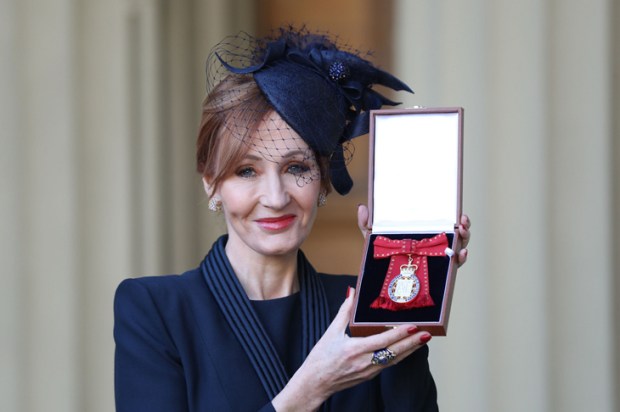At first glance ‘deafening silence’ looks like an oxymoron – a noun linked to a contradictory adjective. We know all it as an ironic expression – saying one thing while conveying the exact opposite. The Oxford English records ‘deafening silence’ from 1968 with the definition, ‘a silence heavy with significance; spec. a conspicuous failure to respond to or comment on a matter’. So when feminists are silent on the barbaric savagery with which women were treated by Hamas on 7 October, their silence is ‘deafening’. But there is now a new way of saying this: ‘crickets’. Paul Murray on Sky News has taken to referring to any such yawning absence of response as ‘crickets’. When Anthony Albanese wants to save Pacific islands from sinking, but not save Australians from high power prices, his silence is labelled as ‘crickets’. But this doesn’t come from the flannelled fools. Rather it seems to be a shortened version of the phrase ‘crickets chirp’. It’s said to come from the Hollywood habit of panning over a silent landscape with a soundtrack of chirping crickets. It’s also very new – from around 2020. The dictionaries are yet to catch up on this, and it’s not even found in Jonathan Green’s exhaustive dictionary of slang. So, drop ‘crickets’ into your conversation and you’ll be ahead of the curve.
A Speccie reader who has lived in Germany writes to tell me that the Germans these days tend to avoid using the word ‘antisemitism’ – they prefer ‘Jew-hatred’. There is a pervasive feeling, he tells me, that ‘Jew-hatred’ is the blunter and more honest word. What would happen to public debate if politicians, journalists and commentators started to call out the pro-Hamas demonstrators as being what they are ‘Jew-haters’? Would that make people sit up and pay attention?
It was Donald Trump who said that the current war in the Middle East is a battle between ‘civilisation and savagery’. Regardless of your opinion of Trump, the observation is a good one – and has sent me on a hunt for the source and meaning of ‘civilisation’. The Oxford English says the earliest meaning of civilisation (from 1656) is: ‘The action or process of civilising or becoming civilised.’ A hundred years later ‘civilisation’ had come to mean: ‘human cultural, social, and intellectual development’. The word came into English from classical Latin via Middle French, and behind it was the idea of ‘civility’ – which the Oxford English defines as: ‘behaviour or speech appropriate to civil interactions; politeness, courtesy, consideration… the minimum degree of courtesy required in a social situation’.
When I was talking to Peta Credlin she coined (what I think is) a new expression: a ‘Biden moment’. As you can guess a ‘Biden moment’ is one of those moments when you forget where you are, or why you’re here, and what you were trying to say. Sadly, it comes from the steady deterioration of Joe Biden. This is a development of an earlier expression ‘senior moment’, meaning: ‘An instance or short period of forgetfulness or confusion, such as might be experienced by an elderly person’ (Oxford English) coined as far back as 1996 on social media (on a UseNet newsgroup). It quickly caught on – because we have all done it: walked into a room and then thought to ourselves, ‘Now, why did I come here?’ My friend John once said: ‘You know you’re getting older when you bend over to tie up your shoelaces and think what else can I do while I’m down here?’ I replied: ‘No John: you know you’re getting older when you bend over to tie up your shoelaces and think – now what did I get down here for?’ But it ceases to be funny when it’s the leader of the free world.
Got something to add? Join the discussion and comment below.
Get 10 issues for just $10
Subscribe to The Spectator Australia today for the next 10 magazine issues, plus full online access, for just $10.
Contact Kel at ozwords.com.au
You might disagree with half of it, but you’ll enjoy reading all of it. Try your first month for free, then just $2 a week for the remainder of your first year.














Comments
Don't miss out
Join the conversation with other Spectator Australia readers. Subscribe to leave a comment.
SUBSCRIBEAlready a subscriber? Log in